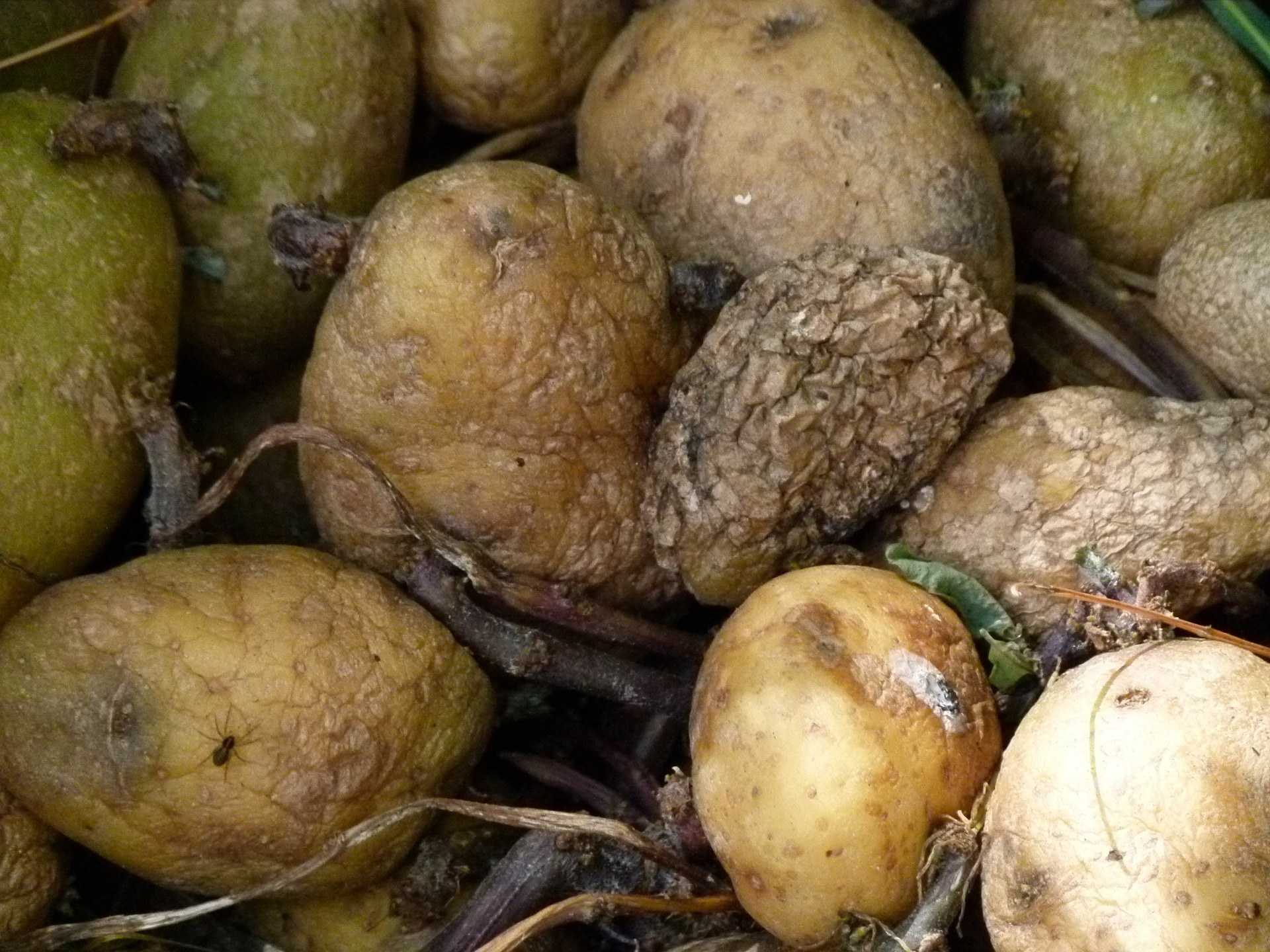Tackling food waste on World Food Day
16/10/2017

What would you do with £700? If you live in the UK, believe it or not you’ll likely throw it in the bin. The average UK family wastes up to £700 per year on wasted food, contributing to more than seven million tonnes of food going to the landfill every year. Waste on this scale is a national shame, and an unsustainable situation.
Food waste is a growing concern and the challenge for us to maintain and extend the freshness of stored fresh foods is increasing. The FAO estimates that a third of food globally is wasted or lost – 1.3 billion tonnes, equal to almost one trillion USD, with fruit and vegetables having the highest wastage rates.
Wastage is usually caused by food being spoiled in transit, or the blasé disposal of it in wealthier countries. We’re doing our bit to help resolve the problem, such as our work on ‘Avoiding food wastage through interactive, high-tech sensor systems’, where we aim to tackle and lower food wastage through the use of sensor-diagnostics. This would enable businesses to make informed decisions on when to open and sell their product, potentially reducing food waste considerably.
But it is not only transit and discarding that can cause food wastage. There are many stages in the process where this can occur, including the changing physiology of the produce from food packaging itself. Food packaging has been found to be a cause for concern due to the risk it has on contaminating food. The packaging, which is usually there to prevent contamination, can now be seen as an aid in migrating toxins to the food. We have been working on the research project ‘Extending farm storage and reducing waste through next generation modified atmosphere materials’, where we are developing the next generation of modified atmosphere packaging (MAP), comprising innovative cost-effective inserts which are able to manipulate the internal atmosphere of the packaging.
Here at Cranfield we are doing research to find out innovative solutions to use food waste in order to produce economic benefit. A very innovative approach has been the up-scaling of food waste to produce high value industrial compounds by using insects’ larvae. This technology will be applied primarily to animal feed although we have the prospect of expanding into other sectors such as cosmetics, paints and lubricants. You can find some examples of those projects demonstrating the ways in which we are tackling food waste on the Soil and Agrifood Institute webpage.
As if food wastage wasn’t a big enough issue, the growing fear of climate change is only going to add to this challenge and risk, both directly and indirectly in the food journey. The start to finish process from growing to cooking or disposing of food contributes to its carbon footprint. However, it doesn’t stop there, the build-up of food that is wasted sits on landfills rotting, eventually starting to release methane gas, one of the strongest greenhouse gases.
So on this, the UN’s World Food Day, we need to stop and think about our actions, and the harm we might be causing. Can we change our shopping habits and try to avoid buying too much food that will go off soon? Can we be less wasteful with what we have? Or maybe you can help us solve the problem in the lab? However big or small, we should all act now to stop this criminal wastage of food. Only then, can we hope to have a more sustainable future.
Categories & Tags:
Leave a comment on this post:
You might also like…
From Sri Lanka to Cranfield: How a Commonwealth Scholarship transformed my environmental engineering journey
Hi, I’m Kavithanjali Uthayashangar and I’m here to tell you about my journey into environmental engineering. It began with a simple but powerful motivation: a desire to understand how engineering can ...
Inside the Air Transport Management MSc: Classes, assignments, and group project work
What’s it really like to study Air Transport Management at Cranfield? Adit walks us through a typical day, assignment expectations, and the excitement of hands-on group projects. This is the second of three blog ...
Using Factiva to research a company
If you’re tasked with researching a company, your first port of call might be to search Fame or EBSCO Business Source Complete. Your immediate reaction might not be to look at Factiva. However, for larger ...
How do I write a secondary reference … in the NLM style?
Secondary referencing is used when you’re reading a work which includes a quotation from another author, and you – the researcher – can’t obtain the original source. We always advise, where possible, to try to ...
Reaching new heights: How a Global Excellence Scholarship fuelled my aerospace dreams
Leaving my home in India to pursue an MSc in Aerospace Dynamics at Cranfield University was a leap of faith. Hi, I’m Oliza Kachroo and as an international student, the transition ...
How do I reference…when delivering a presentation?
Just as you cite and reference sources in written work, you should also acknowledge the sources you use or quote in oral presentations. Citing your sources in presentations provides your audience with information about the ...






